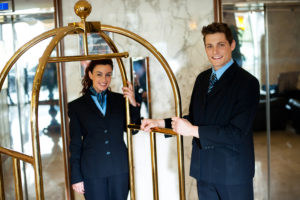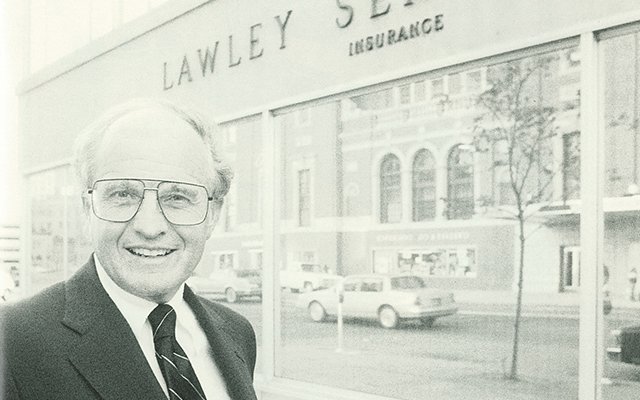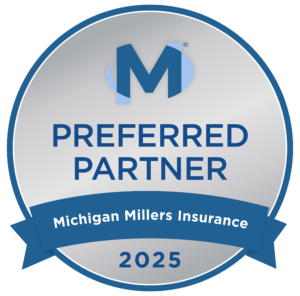Hotels Need Insurance… Find Out Why!


Hotels are unique properties that need many different types of coverage in order to protect them properly. Here is a list of common insurance coverages that can be applied to a hotel. Is your broker providing these options?
Hotels are lodging facilities designed to provide lodging, eating and other recreational services to patrons. Many hotels also offer meeting facilities for seminars and conferences.
- Property exposures: The cooking exposure is a standard part of most hotels. Is appropriate safety equipment in place and inspected regularly? Are alarms in all rooms? Is smoking restricted? Are flammables stored properly? Is wiring up to code?
- Crime exposure: This includes employee dishonesty, money and securities, and lock box. What procedures does the risk have in place to prevent employee theft of employer’s property, money, checks or other goods? Are references required? Are references and background checks done? What procedures are followed if an employee does commit theft? Money should be deposited regularly. Guest Property is a coverage that most hotels will purchase. Coverage is provided for each room and for items in lock deposit box. How is theft prevented? What controls are in place for rooms and boxes?
- Inland marine exposure: This comes from accounts receivables, computers and valuable papers (guest records). Duplicates must be made and stored off site for easy restoration. Additional exposures are present depending on the hotel. There may be Contractors’ Equipment for exterior maintenance; Commercial Articles Floater for cameras, audio visual equipment and musical instruments; Fine Arts for paintings, antiques or sculptures; or a special floater for items that go off site and then return.
- Premises liability: Are adequate exits available? Are stairways, railings, elevators, and floor coverings in good condition, meeting all life safety regulations and concerns? How good is the overall care and maintenance of the premises? Are rooms re-keyed after each use? Are master keys kept secure and accounted for at all times? What services and recreational facilities are offered to patrons? Some of the most frequent areas to evaluate are exercise rooms, swimming pools, laundry facilities, gift shops, barber, beauty and other personal services. Each will have its own set of exposures to review.
- Automobile liability: Due to pickup and delivery of customers, this is a major exposure for many hotels. What service is provided? What type of vehicle is used? Drivers must have acceptable MVRs that are checked on a regular basis. All vehicles must be well maintained with the records kept on file at a central location. Valet services, limo services and procedures must be reviewed.
- Workers compensation exposure: Cleaning and maintenance operations can cause workers to experience lung, eye or skin irritations and reactions. Slip and falls, as well as lifting, back injury, hernia, sprain and strain, are all common occurrences. In addition there are the kitchen injury exposures plus the difficulty of handling rowdy customers.
- Minimum recommended coverage: Building, business personal property, business income, employee dishonesty, money and securities, guest property coverage, accounts receivable, computers, valuable papers, general liability, employee benefits, liquor liability, umbrella, business auto liability and physical damage, hired and non-ownership auto, workers compensation
- Other coverages to consider: Commercial articles floater, contractor’ equipment, fine arts, special floater, forgery, computer fraud, employment related practices, garage keepers
Contact Lawley today. With a wealth of industry-specific knowledge and experience, one of our specialized teams will really get to know your organization, your business insurance needs and goals.








